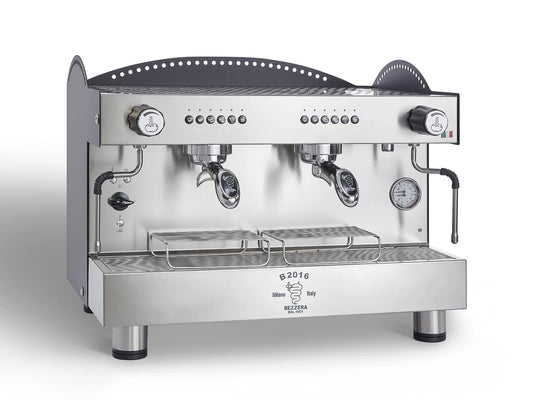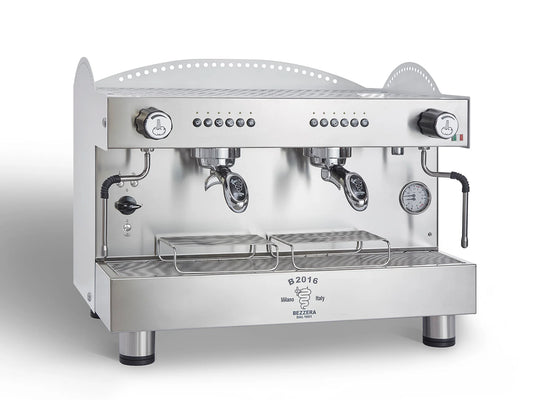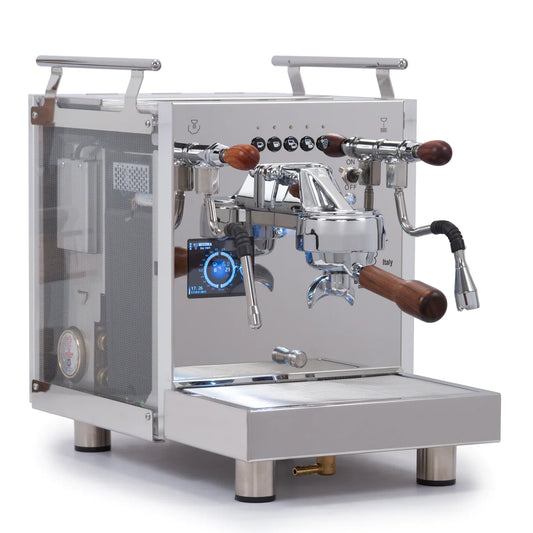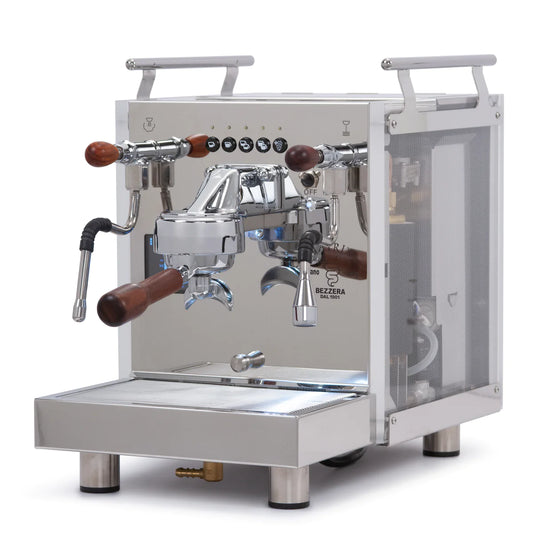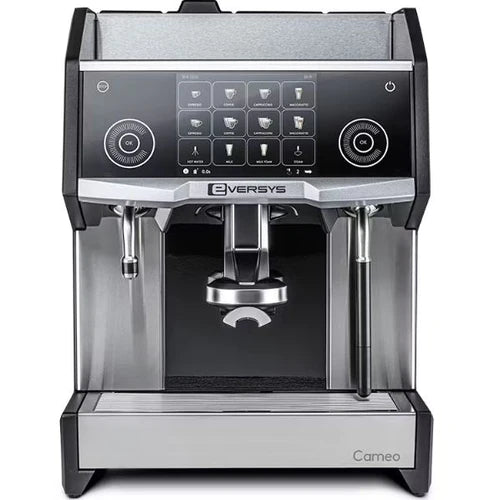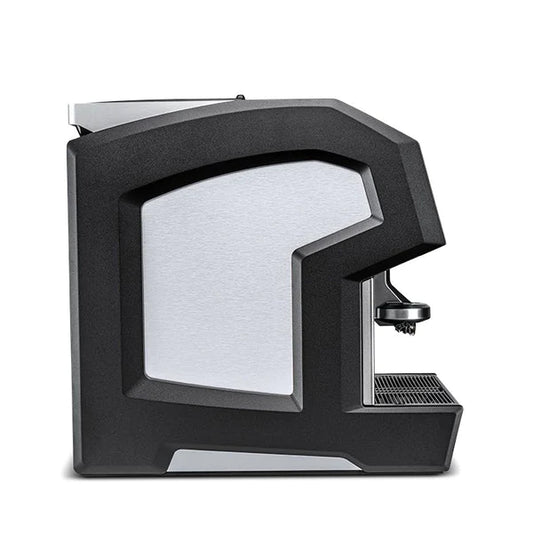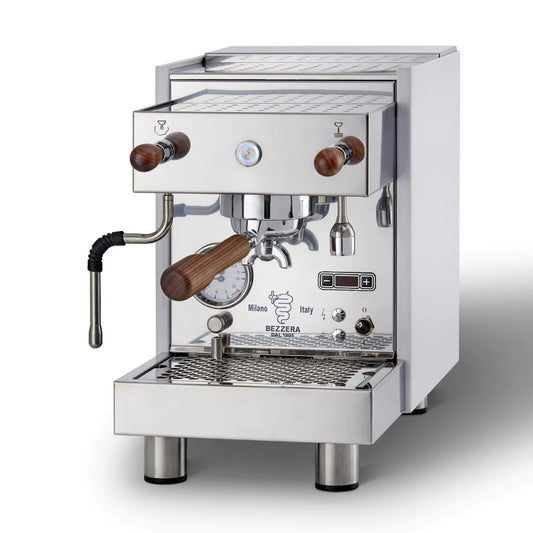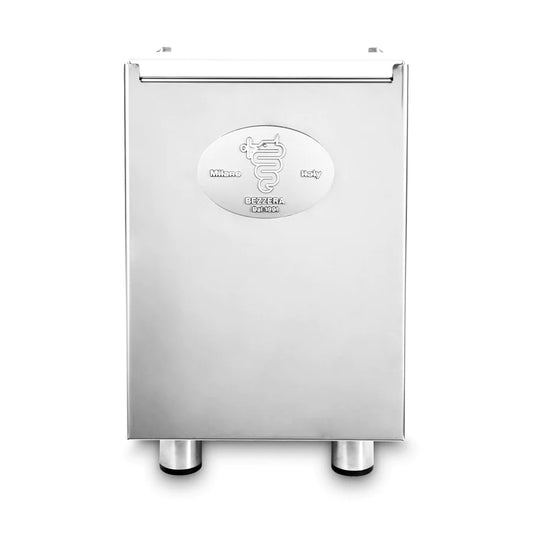Cockroach Incident Sparks Legal Battles: Ohio Woman Sues VRBO After Disturbing Vacation Experience
Table of Contents
- Key Highlights:
- Introduction
- A Distressing Discovery
- Health Complications and Allegations
- Legal Framework and Responsibilities of Property Owners
- The Broader Impact on the Short-Term Rental Industry
- Ongoing Legal Proceedings
- Safety and Cleanliness in Short-Term Rentals
- Conclusion
- FAQ
Key Highlights:
- Rejena Boyd, a 52-year-old Ohio resident, filed a lawsuit after encountering cockroach-infested coffee while renting a property through VRBO.
- Boyd suffered severe allergic reactions and physical ailments post-ingestion, claiming lasting injuries.
- The lawsuit raises questions about cleanliness standards in short-term rentals and the responsibilities of property owners.
Introduction
Short-term rental platforms like VRBO have transformed holiday lodging, allowing travelers to enjoy unique accommodations. However, pristine appearances can conceal hidden dangers, as one Ohio woman's vacation experience dramatically illustrates. Rejena Boyd's distressing ordeal, resulting in a lawsuit against her rental hosts, forces us to confront issues of hygiene and accountability in the burgeoning world of vacation rentals.
The incident, which occurred during her stay at “Heaven on a River” in West Virginia, raises critical questions about what responsibilities property owners have to ensure a safe environment for their guests. What happens when negligence leads to severe health repercussions for unsuspecting vacationers? This article will explore Boyd's case in detail, examine the broader implications for short-term rental practices, and illuminate the public's right to safe lodging.
A Distressing Discovery
Rejena Boyd's vacation began on a high note, enjoying coffee at her rental property. The charm of a riverside cottage diminished, however, when she discovered that the coffee maker was infested with cockroaches. The shock was compounded by the fact that she had likely ingested these pests along with her first cup.
According to Boyd’s September 2023 lawsuit, within an hour after drinking the coffee, she began experiencing tingling in her mouth, gums, and subsequently, hives. These reactions prompted her to investigate further, leading to the ghastly discovery of juvenile cockroaches, eggs, and feces within the coffee maker, which Boyd contends caused significant health issues.
Health Complications and Allegations
Boyd sought medical attention shortly after her alarming symptoms began. Medical professionals diagnosed her with an allergic reaction attributed to cockroach ingestion, leading to chronic urticaria—a condition that involves hives and intense itching. Boyd also reported feelings of lethargy, swelling in her face and eyes, and difficulty breathing, further emphasizing the severe nature of her allergic reaction.
Her medical situation serves as a striking reminder of the risks associated with negligent cleanliness in the hospitality industry. Boyd's claim outlines how the ingestion of cockroaches can lead to serious health threats due to allergens present in cockroach saliva and feces, which can affect a significant portion of the population.
Expert analysis suggests that the day-to-day oversight necessary to keep rental properties hygienic often gets overlooked, putting guests at risk.
Legal Framework and Responsibilities of Property Owners
Boyd's complaint articulates the expectation guests have concerning the safety and hygiene of rental properties. The lawsuit names Lanette and George Karnes, the owners of the vacation rental, and VRBO as defendants, asserting that the hosts failed to maintain a basic duty of care. In legal terms, this involves ensuring properties are safe and free from health hazards.
The case’s implications extend beyond the personal injury suffered by Boyd; they signal a critical examination of how short-term rentals are managed and regulated. In her complaint, Boyd argues that the presence of cockroaches in the coffee maker reflects gross negligence that violates numerous health and safety standards. At the heart of her arguments lies the assertion that this negligence contravenes industry norms expected of rental hosts.
The Broader Impact on the Short-Term Rental Industry
Boyd’s lawsuit is more than an isolated incident; it highlights a trend of incidents that can lead to liability lawsuits in the short-term rental sphere. While these platforms provide a lucrative opportunity for homeowners looking to monetize their properties, they also open avenues for significant legal repercussions when hosts fail to maintain adequate living conditions.
As demonstrated in Boyd's case, the stakes are high when guests’ health is compromised. Other cases of negligence within the short-term rental space include hidden cameras capturing guest activities, maintain hazardous conditions leading to drownings, and unaddressed security risks.
Recent Relevant Legal Cases
An incident where a family experienced a tragic drowning while staying at a lakefront Airbnb illustrates the dangers vacation renters face. In that case, the lawsuit asserted that property owners failed to warn their guests about the dangerous underwater drop-off near the shore. Similarly, another couple took legal action against a host that allegedly recorded them without consent, raising serious privacy concerns.
These cases underline the potential for short-term rentals to result in significant harm, underscoring the necessity for heightened regulatory frameworks that ensure health and safety standards are met consistently.
Ongoing Legal Proceedings
The legal discourse surrounding Boyd's case continues to evolve as the parties prepare to defend their respective claims. As of now, neither VRBO nor the Karnes have officially responded to Boyd's allegations. Boyd seeks not only compensation for her medical expenses but also for emotional distress, claiming a severe impact on her quality of life.
The outcome of this case has the potential to set precedent for future liability issues involving short-term rentals. As the lawsuit moves forward at the federal level, it raises pertinent questions about the responsibilities of rental platforms versus individual hosts.
Impacts on Future Rental Market Practices
Should Boyd prevail, we could see a ripple effect across the vacation rental market, as property owners may face stricter regulations and an increased burden of proof when it comes to maintaining sanitary conditions in their properties. Such changes could foster an environment where cleanliness becomes a higher priority—a necessary step to protect both guests and hosts going forward.
Safety and Cleanliness in Short-Term Rentals
Cockroaches, often seen as a mere nuisance, can carry health threats that extend beyond simple discomfort. Their droppings and other remnants can cause allergic reactions in many individuals, with medical professionals recognizing them as triggers for asthma and other sensitivities.
In Boyd's case, the claim of "gross negligence" asserts the importance of maintaining cleanliness standards and the necessity of pest control measures within short-term rental properties. Property owners must recognize their responsibility not only for providing a roof over guests’ heads but ensuring that this shelter is free from health risks.
Guest Responsibilities and Reporting Issues
While owners bear significant responsibility, guests also have roles to play in reporting issues. An open line of communication can help address potential problems before they escalate. Guests should be proactive in notifying property managers of any cleanliness concerns to ensure swift resolutions and maintain an acceptable standard of living conditions.
Conclusion
The unfortunate circumstances surrounding Rejena Boyd’s vacation experience underscore the crucial need for comprehensive oversight and management within the short-term rental industry. Current trends illustrate a growing awareness concerning safety regulations and the responsibilities of hosts to their guests.
As her case unfolds, it may very well serve as a turning point not just for Boyd, but for countless travelers who seek assurance that their chosen accommodations will be safe and healthy. Addressing such integral issues ensures trust remains at the forefront of the hospitality market, ultimately beneficial for all parties involved—guests, hosts, and rental platforms alike.
FAQ
What health issues can cockroach exposure cause?
Cockroach exposure can lead to significant allergic reactions, including asthma exacerbations and chronic skin conditions like urticaria. Their droppings and body parts can act as powerful allergens for many people.
What are the responsibilities of short-term rental hosts?
Hosts are expected to maintain cleanliness in their properties, ensuring that they are free from pests and health hazards. This involves regular inspections, maintenance, and preventative measures against infestations.
How can guests protect themselves when renting a property?
Guests should conduct a thorough inspection of the property upon arrival, taking note of any cleanliness issues. It’s wise to report concerns immediately to the property manager or host.
What should I do if I encounter health issues during a stay at a rental?
If health issues arise during a rental stay, seek immediate medical attention. Document any symptoms and communication with the property manager to potentially pursue legal recourse if negligence is evident.
Are there legal precedents for lawsuits related to short-term rentals?
Yes, several cases exist where guests have pursued litigation against hosts for negligence that resulted in injuries or distress. These cases often focus on issues of safety, privacy, and health standards, highlighting the evolving legal landscape governing short-term rentals.

